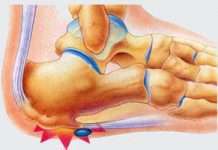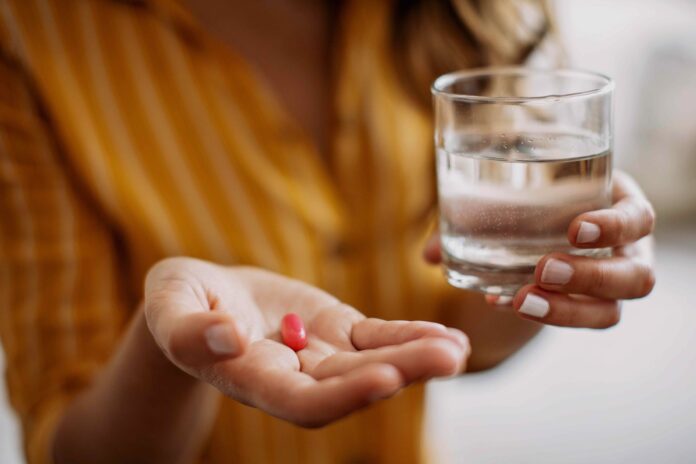Coenzyme Q10 (CoQ10) is a naturally occurring compound vital for energy production within cells. It’s also a popular supplement, often used to combat fatigue and support heart health. While definitive research on when to take CoQ10 is limited, understanding its absorption and effects can help you maximize its benefits.
Energy vs. Sleep: Should You Take CoQ10 in the Morning or at Night?
There’s no single “best” time to take CoQ10, but timing can matter depending on your goals. Because CoQ10 boosts energy levels, taking it in the morning is often more effective for those seeking daytime vitality. Studies show that CoQ10 absorption is slow, peaking roughly 6–8 hours after consumption. This means a morning dose will provide sustained energy through the afternoon, diminishing before bedtime.
However, if you’re sensitive to stimulants, or struggle with sleep, avoid taking CoQ10 too close to bedtime. It can interfere with sleep quality in some individuals.
Maximize Absorption: Always Take CoQ10 With Fat
CoQ10 is a fat-soluble nutrient, meaning your body absorbs it best when consumed alongside dietary fats. Think of it this way: taking CoQ10 on an empty stomach limits absorption, potentially wasting the supplement’s benefits.
To improve uptake, pair your CoQ10 dose with foods like:
- Avocado
- Olive oil
- Nuts (almonds, walnuts)
- Fatty fish (salmon, mackerel)
- Flax seeds or chia seeds
This ensures your body can efficiently utilize the CoQ10.
Tailoring CoQ10 Timing to Your Needs
The ideal timing also depends on individual factors:
- Goals: If you’re using CoQ10 for general health, heart function, or skin aging, timing is less critical than consistent daily intake. For energy, morning is preferable.
- Medications: CoQ10 may interact with certain medications (especially statins). Consult your doctor to determine the best timing that won’t interfere with your other prescriptions.
- Sensitivity: If CoQ10 makes you feel wired, adjust your regimen. Experiment with morning versus afternoon doses to find what works best for you.
Key takeaway: The form of CoQ10 matters more than timing. Liposomal or lipid-based softgels demonstrate superior absorption compared to standard capsules.
Ultimately, there’s no one-size-fits-all answer. Pay attention to how your body responds, and adjust your CoQ10 timing accordingly. Consistent daily intake, combined with dietary fat, remains the most crucial factor.


























































